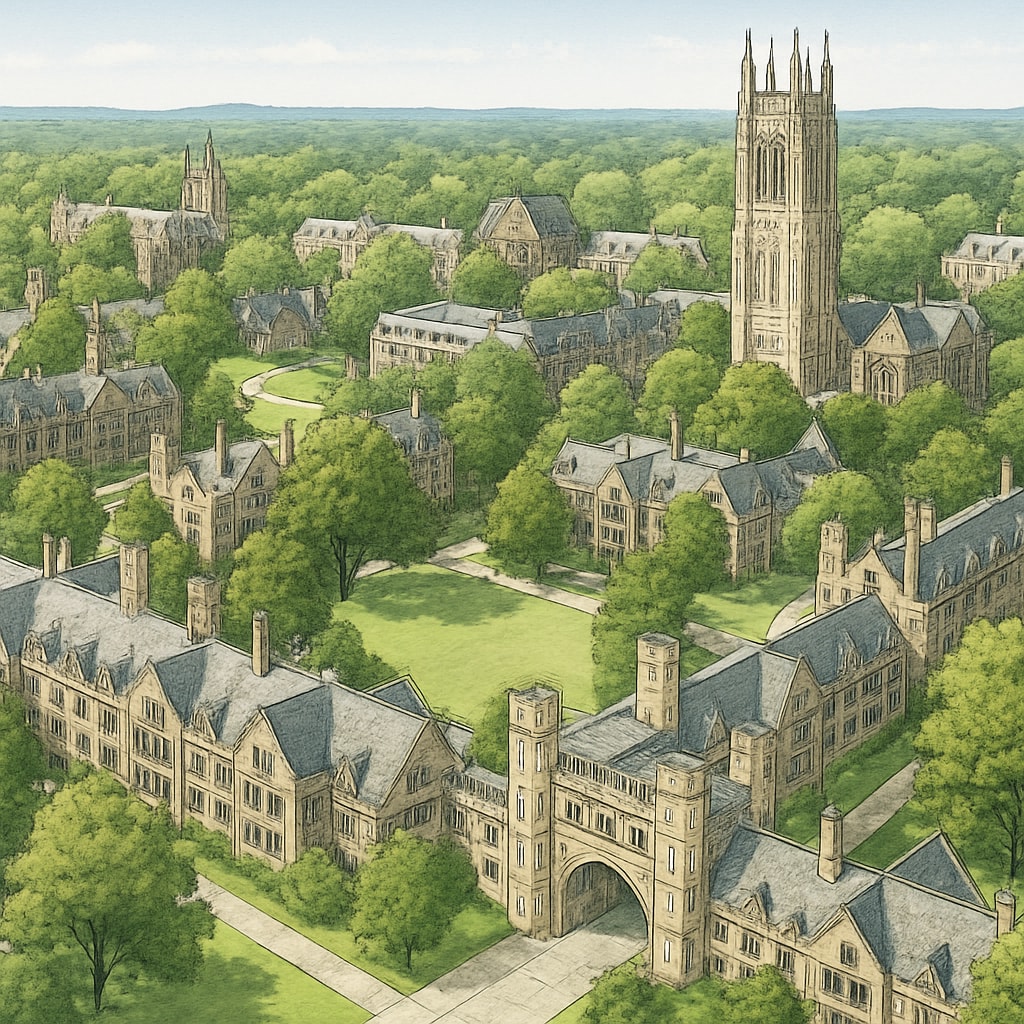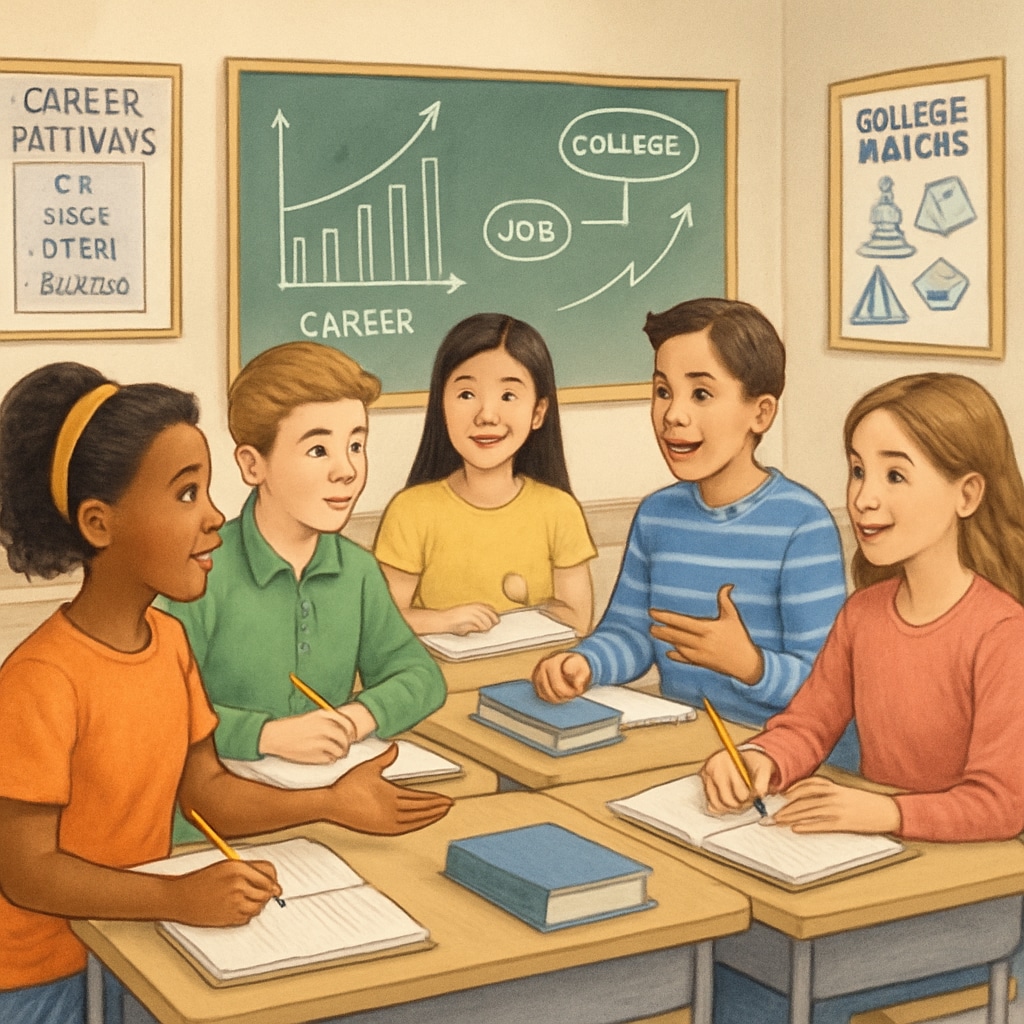Princeton and other Ivy League institutions have long been synonymous with academic excellence and cultural prestige. However, when evaluating their true value in today’s higher education ecosystem, significant questions arise about whether their reputation is justified or overhyped. This article delves into the myths surrounding Ivy League schools, including Princeton, and examines their real-world contributions to education. Additionally, we explore how this “prestige obsession” impacts K-12 students, shaping their aspirations and decision-making processes.
Princeton and the Ivy League: The Perception of Prestige
Princeton University, founded in 1746, is one of the most celebrated Ivy League institutions. Its reputation is built on rigorous academics, influential alumni, and cutting-edge research. Similarly, other Ivy League members—such as Harvard, Yale, and Columbia—enjoy comparable status as elite institutions. For many families, gaining admission to these schools represents the ultimate educational achievement, but does this prestige equate to actual value?
While Ivy League schools deliver undeniably high standards of education, their exclusivity and perceived superiority often overshadow other outstanding institutions. Critics argue that the “Ivy League halo effect” inflates their importance, masking the fact that many non-Ivy schools also provide exceptional education at a lower cost. For example, institutions like Stanford and MIT consistently rival Ivy League schools in global rankings without being part of the Ivy League.

Are Ivy League Schools Worth the Hype? A Practical Evaluation
When evaluating the value of Ivy League schools like Princeton, several factors come into play:
- Financial Investment: Ivy League education comes with a hefty price tag. While financial aid is available, many students graduate with significant debt.
- Career Outcomes: Graduates from Ivy League schools often have access to powerful alumni networks, which can accelerate career opportunities. However, studies show that long-term career success depends more on individual skillsets than alma maters.
- Accessibility: Admission rates to Ivy League schools are notoriously low, leading to intense competition and stress for applicants.
- Quality of Education: While Ivy League institutions offer excellent faculty and resources, non-Ivy schools often match or exceed these standards in specific programs.
As a result, the question arises: is the Ivy League truly worth its reputation, or are families and students chasing an illusion of superiority?
The Impact of Prestige Obsession on K-12 Students
The Ivy League’s dominance in public perception has profound effects on younger students, particularly those in K-12 education. Many schools and families emphasize the importance of Ivy League admission early on, fostering a hyper-competitive environment that prioritizes test scores, extracurriculars, and perfect resumes above holistic development.
This prestige obsession can have negative consequences, such as:
- Stress and Burnout: Students often face immense pressure to meet unrealistic standards, which can lead to anxiety and burnout.
- Narrow Focus: K-12 education may become overly focused on college preparation instead of fostering critical thinking, creativity, and emotional intelligence.
- Exclusion of Alternatives: Many students overlook excellent non-Ivy schools, limiting their options and missing out on programs better suited to their interests.
In addition, educators and policymakers must address this imbalance by promoting a broader understanding of higher education options and encouraging students to focus on personal growth rather than societal expectations.

Conclusion: Redefining Educational Value
While Princeton and the Ivy League continue to represent the pinnacle of academic achievement, their value must be critically assessed in the context of today’s educational landscape. Families and students should consider factors such as affordability, career goals, and personal interests rather than focusing solely on prestige. Additionally, K-12 educators should work to dismantle the myth of Ivy League superiority, ensuring students are empowered to explore diverse opportunities and pathways.
Ultimately, the true value of higher education lies not in the name of the institution but in the transformative experiences it provides. As society shifts toward a more inclusive understanding of education, it’s time to reevaluate the Ivy League myth and embrace educational diversity.
Readability guidance: This article uses short paragraphs and lists to summarize key points, ensures a balance of active/passive voice, and incorporates transitional phrases for better flow. Images are placed strategically to enrich the reader’s experience.


